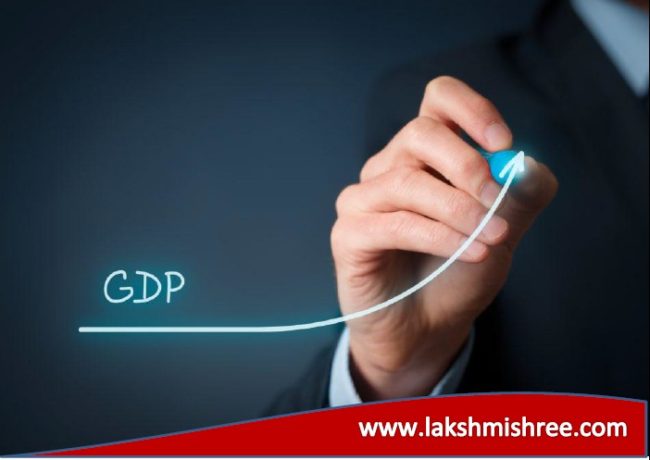
Review: GDP contracted 8.6% in the quarters which ended in September. The Reserve Bank of India presented the first-ever published ‘forecast’ which is an evaluation based on high-frequency data, the economy had flumped about 24% from April to June.
India’s economy recoils for a second straight quarter, the Central Bank’s deputy governor in supervising Monetary policy driving the country into an unmatched time of temporary economic downfall during which trade and industrial activities are reduced concluding a fall in GDP in two consecutive quarters.
GDP product contracted 8.6% in the quarters which ended in September, the RBI presented its first-ever published forecast which is an evaluation made on high-frequency data analysis. The economy flops about 24% from April to June.
India has stepped in the first half of 2020-21 for the first time in its history. The government is due to publish official statistics November 27.
The Reserve Bank's number is lifted by cost at companies that gained up operating profits even as sales dropped down. A range of indicators has been used from vehicle sales to expel banking liquidity to signal highlighting prospects from October. If this slope is sustained, the Indian economy will return to its growth in the October-December quarter, back than projected by Governor Shaktikanta Das last month, when he vowed to hold the monetary policy accommodative.
Nevertheless, there is an injury risk of generalization of price constrain, unfastened inflation expectations feeding into a loss of acceptability in policy interventions. There is a risk in global growth from the second wave of coronavirus infection.
‘Loitering around the corners is the third major risk --- stress boosting among households and corporations that have been set back but not mitigated, and could reveal over into the financial sector, concluding by quoting “We live in taxing times.”
